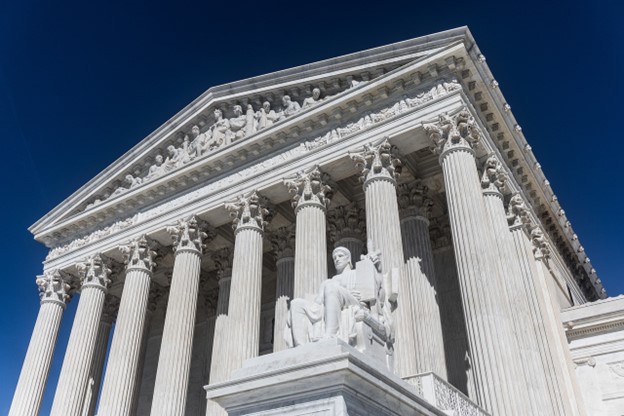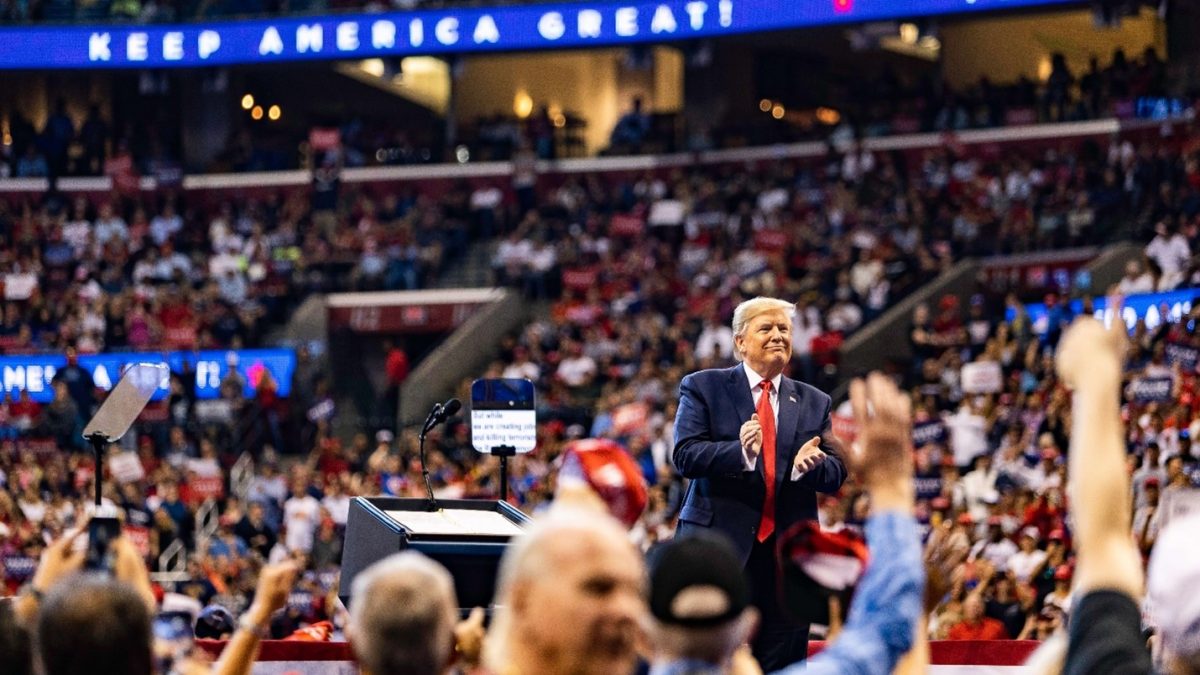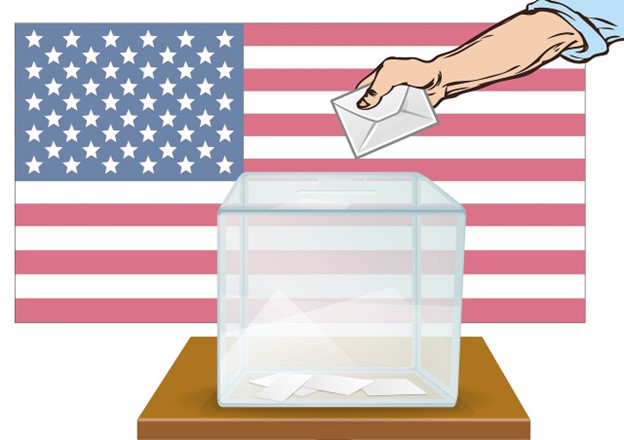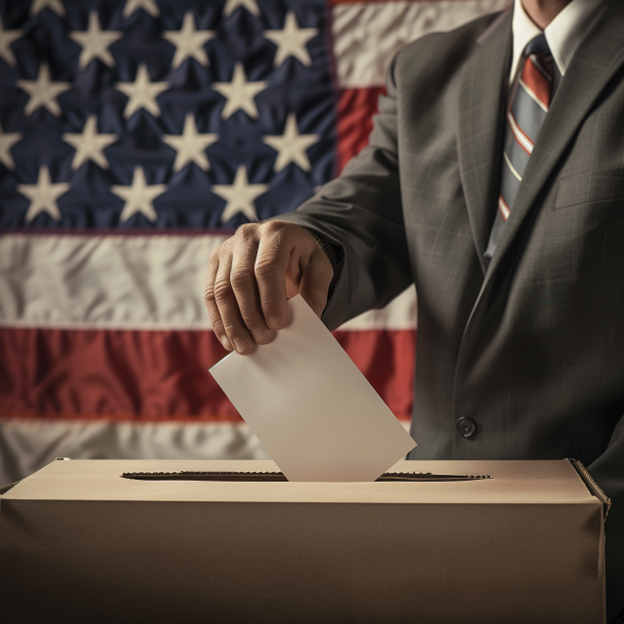Recently, The New York Times published what can only be described as a “hit piece” against the Supreme Court’s Chief Justice John Roberts. As described in The New York Post, “[i]n an ugly escalation of the left’s war on the Supreme Court, The New York Times…falsely charg[ed] [Roberts] with ‘deploying his authority to steer rulings that benefited’ Donald Trump in ‘a momentous trio of Jan. 6-related cases.'”
The opinions at issue were the decision to strike down the Colorado Attorney General’s decision to keep the former President off the ballot in that state due to his allegedly “insurrectionist activities”; the Presidential Immunity decision, Trump v. United States ; and the reversal of the sentences of numerous “January 6th” defendants, based upon the overcharging of these defendants by prosecutors with the Justice Department.
What was most disturbing to The Post Editorial Board was the fact that “the story relied in part on leaks of confidential court documents – which means court staff, and possibly one of the justices, are actively helping the progressive attack on the institution.” (Emphasis in original.)
According to The Post, “Roberts had made his view of the root issues
crystal-clear in a confidential February memo to his colleagues – a memo that, per [The Times] ‘several people from the court’ later discussed with the reporters.”
The Post describes the problem succulently; “Such leaking is a far larger violation of high-court ethics than any of the lefty complaints of recent years: How can the court even function if the justices can’t communicate frankly with each other?” (Emphasis in original.)
How indeed?
In May of 2022, we discussed the “leak” of the draft opinion in Dobbs v. Jackson, the decision which reversed Roe v. Wade. At that time, we noted that Chief Justice John Roberts appointed the Court’s Marshal, Gail Curley, to investigate the leak. We stated that “[t]here are only so many employees of the US Supreme Court who could have access to a draft opinion. Thus, it shouldn’t be too hard for Marshal Curley to figure out who ‘let the cat out of the bag.’”
Apparently, the task of figuring out which one of a limited pool of suspects was the guilty party was beyond the skills of Marshal Curley. In January of 2023, she basically gave up the search, for all intents and purposes.
Her report, dated January 19, 2023, stated that her office used an “investigative team consist[ing] of seasoned attorneys and trained federal investigators with substantial experience conducting criminal, administrative and cyber investigation.” Yet, despite this wealth of talent, “investigators have been unable to determine…the identity of the person(s) who disclosed the draft majority opinion in Dobbs v. Jackson Women’s Health Org. or how the draft opinion was provided to Politico.”
The investigators were able to determine that “[i]t is unlikely that the public disclosure was caused by a hack of the Court’s IT systems. The Court’s IT department did not find any indications of a hack…[t]he investigators have likewise not uncovered any evidence that an employee with elevated IT access privileges accessed or moved the draft opinion.” However, during the investigators interviews with Court employees, “[s]ome individuals admitted to investigators that they told their spouse or partner about the draft Dobbs opinion and the vote count, in violation of the Court’s confidentiality rules. Several personnel told investigators they had shared confidential details about their work more generally with their spouses and some indicated they thought it permissible to provide such information to their spouses. Some personnel handled the Dobbs draft in ways that deviated from their standard process for handling draft opinions.”
Despite these admissions of wrongdoing and ethical breeches, the investigators concluded that “it is not possible to determine the identity of any individual who may have disclosed the document or how the draft opinion ended up with Politico. No one confessed to publicly disclosing the document and none of the available forensic and other evidence provided a basis for identifying any individual as the source of the document.”
Seems impossible that such an extensive and sophisticated investigation into so few people under suspicion would turn up empty. Unless, of course, the Court didn’t really want to know who leaked the draft opinion, a decision which has now led to the disclosure of Roberts’ confidential memo regarding his views on the issues presented by Trump v. United States.
“The leak was no mere misguided attempt at protest,” the Justices wrote at the time they released the report. “It was a grave assault on the judicial process…It is no exaggeration to say that the integrity of judicial proceedings depends on the inviolability of internal deliberations.” Yet, according to University of Virginia Law Professor Douglas Laycock, “I don’t think we can assume the leaker is an employee. It could be a justice. They would take a big reputational hit if they got caught, but they would not lose their job.”
The report from Marshal Curley describes her investigation into Court employees, not Supreme Court Justices. Strangely, though, the Report quotes the US Code of Conduct for Judges, which states that “A judge should not make public comment on the merits of a matter pending or impending in any court.”
At the time, do you believe that Chief Justice Roberts really wanted to know if one of his Associate Justices had leaked the draft of the Dobbs decision? What would he do with such information? What impact would that revelation have on the integrity of the Court?
Now, this failure to seriously pursue the culprit and bring them to justice has led to additional violations of the Court’s confidentiality.
Reportedly, the investigation into the leak of the Dobbs draft decision is on-going. But we all know that short of a confession from the guilty party, or someone coming forward with new information, whoever provided Politico with a draft the of the Dobbs v. Jackson opinion will never be caught.
Further, almost two years after Marshal Curley’s Report was issued, the failure to expose the person who leaked the draft opinion has become a major headache for the Supreme Court. Since no one was caught or disciplined for leaking the draft of the Dobbs decision, someone has felt free to leak a confidential memo prepared by Chief Justice Roberts.
These leaks also strongly contribute to the continuing disrespect shown to the US Supreme Court and its Justices by Democrats, who clearly benefit from and capitalize on these unethical and potentially illegal disclosures of confidential Court documents.
Judge John Wilson’s (ret.) article concludes tomorrow
Photo: Pixabay









